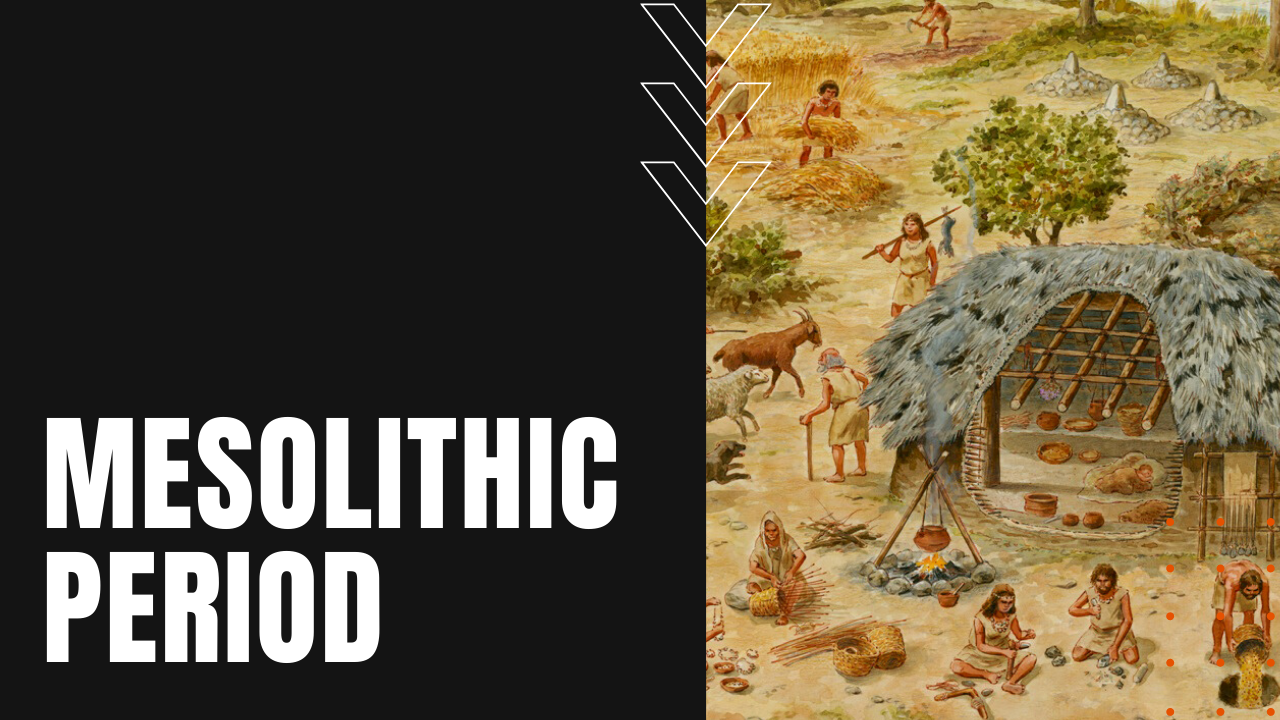Mesolithic Period of Early Man

Nestled between the Paleolithic and Neolithic Periods, the Mesolithic Period or Middle Stone Age comprised the last phase of hunter-gatherer cultures in Europe and Western Asia, between the end of the Last Glacial Maximum and the Neolithic Revolution, which saw the rise of agriculture and animal husbandry in human civilizations.
Mesolithic Age Time Period
Developing at different time spans throughout the Mesolithic timeline, in Europe, the Mesolithic Period is thought to span from 15,000 to 5,000 years Before the Present, while Southwest Asia saw the period span from 20,000 to 8,000 years Before the Present. While social cultures associated with the Mesolithic Period also vary based on geography, the period is most associated with the decline in group hunts of large animals in favor of a broader hunter-gatherer lifestyle, which also saw the development of more intricate and smaller lithic tools and weapons, compared to the heavy-chipped equivalents employed by their Paleolithic ancestors.
Settlements, Societies, and Civilization
The Mesolithic period also witnessed the early use of pottery and textiles, along with permanent and semi-permanent settlements near coastal oceans and inland waters, which offered consistent and bountiful food supplies.
Religion and burial rites remained fairly primitive during the Mesolithic Period, contrasted by the grandiose burial mounds and spiritual shrines of the Neolithic Period. As temperatures began to rise after the end of the last Ice Age, abundant plant matter and rising animal populations allowed late Mesolithic humans to continue their hunter-gatherer lifestyles, despite bumping up repeatedly against sedentary human societies of the early Neolithic Revolution.
As developing techniques in farming, herding, polished stone axes, timber longhouses and pottery spread across Europe, many late Mesolithic groups rejected the Neolithic Revolution due to ideological resistance, differing world views, and total dismissal of the sedentary farming lifestyle. Many archeologists and historians believe that crossover resistance to farming may have lasted for more than 2000 years after the first arrival of farming societies, while in northeastern Europe, the hunter-gatherer lifestyle persisted into the Medieval Period in regions less suited to agriculture, making the Mesolithic Period a time of slow transition into the unhurried birth of modern civilization.
